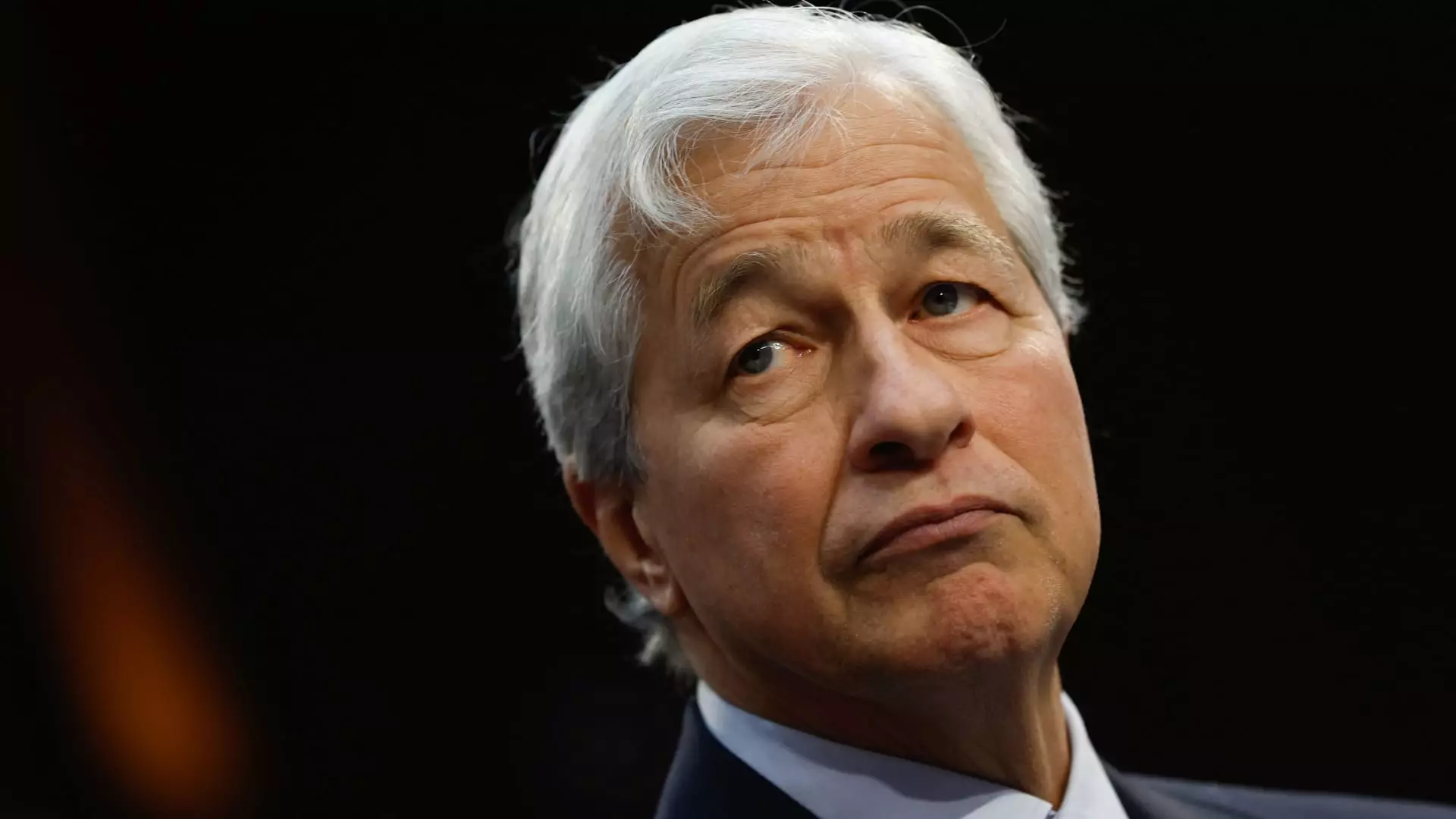The recent attempted assassination of former President Donald Trump at a Pennsylvania rally has sparked reactions from the leaders of Wall Street’s most powerful firms. While it is commendable that these leaders are speaking out against the act of political violence, a critical analysis of their statements reveals a rather superficial response to a deeply troubling event.
Upon closer inspection, it is clear that the statements made by JPMorgan Chase CEO Jamie Dimon, Goldman Sachs CEO David Solomon, BlackRock CEO Larry Fink, and Bank of America CEO Brian Moynihan lack a depth of analysis and fail to address the underlying issues that led to such a tragic event. While they express sadness and condolences for the victims, there is a distinct absence of any meaningful call to action or reflection on the root causes of political violence in the country.
It is notable that the Wall Street leaders stress the importance of unity and constructive dialogue in the aftermath of the assassination attempt. However, their statements fall short of acknowledging the role that financial institutions and corporate leaders may play in perpetuating the divisiveness and animosity that characterizes contemporary American politics. Merely calling for togetherness and hope without critically examining their own industry’s practices is a missed opportunity for genuine introspection and accountability.
The reluctance of Wall Street firms to officially endorse political candidates is understandable given their need to maintain relationships with both major parties. However, this commitment to neutrality may hinder their ability to engage meaningfully in efforts to address the underlying causes of political violence and social discord. By shying away from taking a stand on divisive issues, these financial institutions risk appearing detached and disconnected from the realities faced by ordinary Americans.
While it is encouraging to see prominent figures in the financial industry speaking out against acts of violence and hatred, there remains a need for a more nuanced and critical analysis of the root causes of such incidents. Wall Street leaders have a unique platform and influence that could be used to advocate for meaningful change and social cohesion. It is essential that they move beyond platitudes and cliches to engage more deeply with the complex challenges facing our society today.

